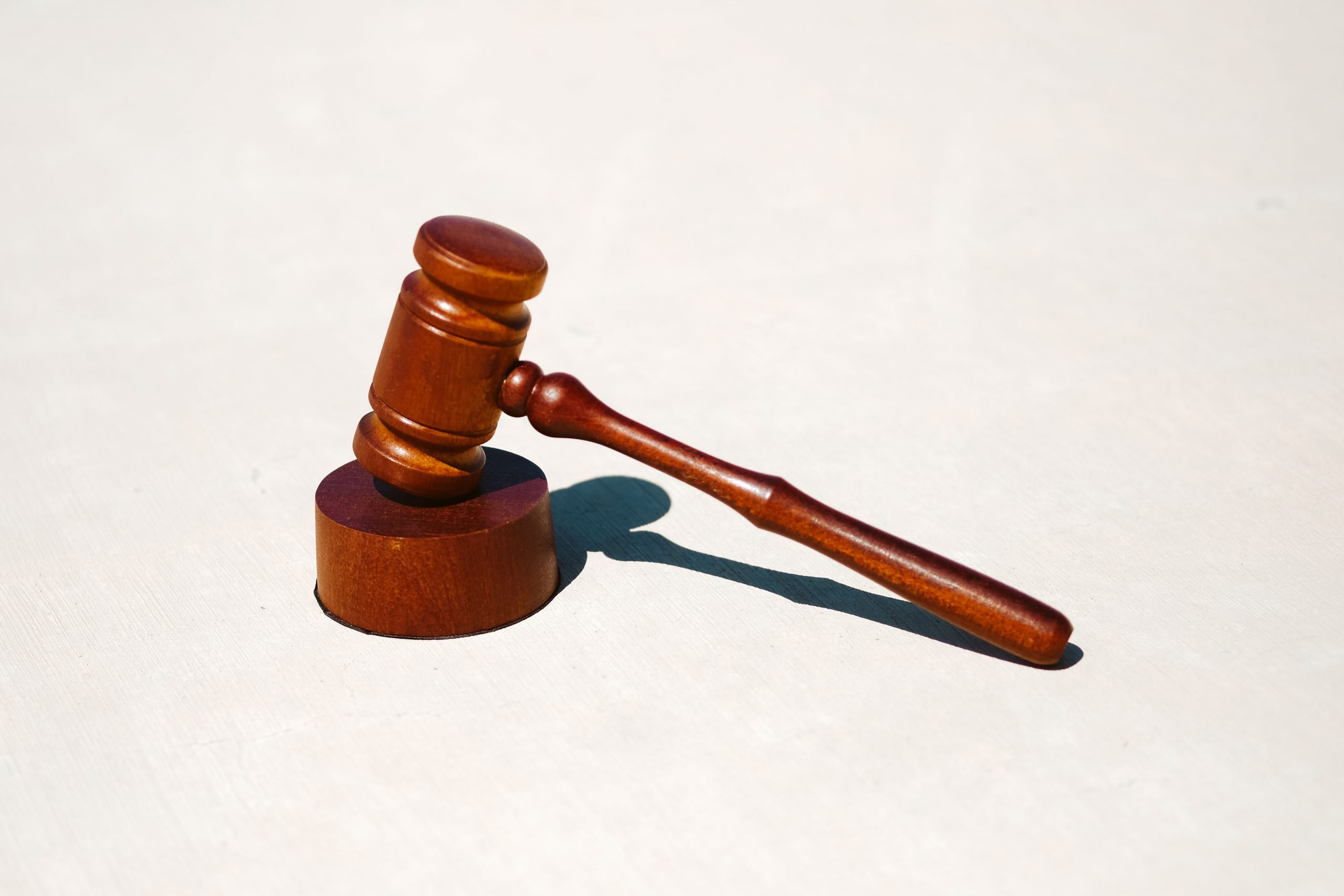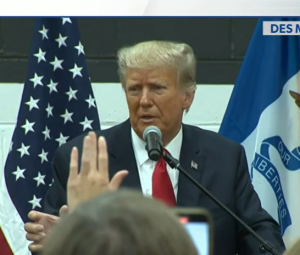The US judicial system often makes headlines due to its complex nature and high-profile cases. It once again made it to the news on August 10, when former United States President Donald Trump decided to invoke his Fifth Amendment rights and declined to answer questions by the New York attorney general in connection with a civil investigation into the Trump Organization’s finances.
It is also not the first time when a high-profile case has seen the accused plead the Fifth Amendment under oath. The usage of this particular amendment has also been popularised in pop culture, as many films, television shows and novels have depicted similar scenarios. But what exactly is the Fifth Amendment? Let’s find out.
Also Read: Donald Trump declines to answer in NY probe, invokes Fifth Amendment rights
How did the Fifth Amendment come to existence?
The origin of the famous Fifth Amendment can be traced back to the 18th century when Congressman James Madison introduced some amendments in a speech to the House of Representatives. The draft language that he used, later became known as the Fifth Amendment.
The draft was later edited by Congress before it became a part of the Bill of Rights on December 15, 1791.
What does the Fifth Amendment say?
While the overall subject of the Fifth Amendment has remained almost unchanged from the draft in the 18th century, the wording was edited and changed before it was inducted into the US Constitution. Here is what the Fifth Amendment reads in the US Constitution.
“No person shall be held to answer for a capital, or otherwise infamous crime, unless on a presentment or indictment of a Grand Jury, except in cases arising in the land or naval forces, or in the Militia, when in actual service in time of War or public danger; nor shall any person be subject for the same offence to be twice put in jeopardy of life or limb; nor shall be compelled in any criminal case to be a witness against himself, nor be deprived of life, liberty, or property, without due process of law; nor shall private property be taken for public use, without just compensation.
What does it signify in a court of law?
While the Fifth Amendment can be used in many ways in different situations in different criminal cases, the most basic reason remains unchanged. The US Constitution grants several rights to its citizens, including that they are not compelled to become a witness against himself/herself in any criminal case. In layman’s terms, an accused has the right to not be compelled to provide damning testimony, which might be used to implicate them in a crime.
Also Read: Wall Street soars after inflation cools more than expected
Apart from this, a defendant can only use the Fifth Amendment while answering a query that is compelled i.e. a subpoena or any other legal process.
When an accused invokes his/her Fifth Amendment rights, the refusal of answering questions to a prosecutor cannot result in being used against the defendant in a criminal case. However, pleading the Fifth Amendment may bring consequences to the defendant.
During any civil case, the judge or jury may draw an adverse inference in order to support liability when the accused pleads the Fifth Amendment. Employees under investigation by federal agents investigating wrongdoing for their respective corporations might also be sacked.







